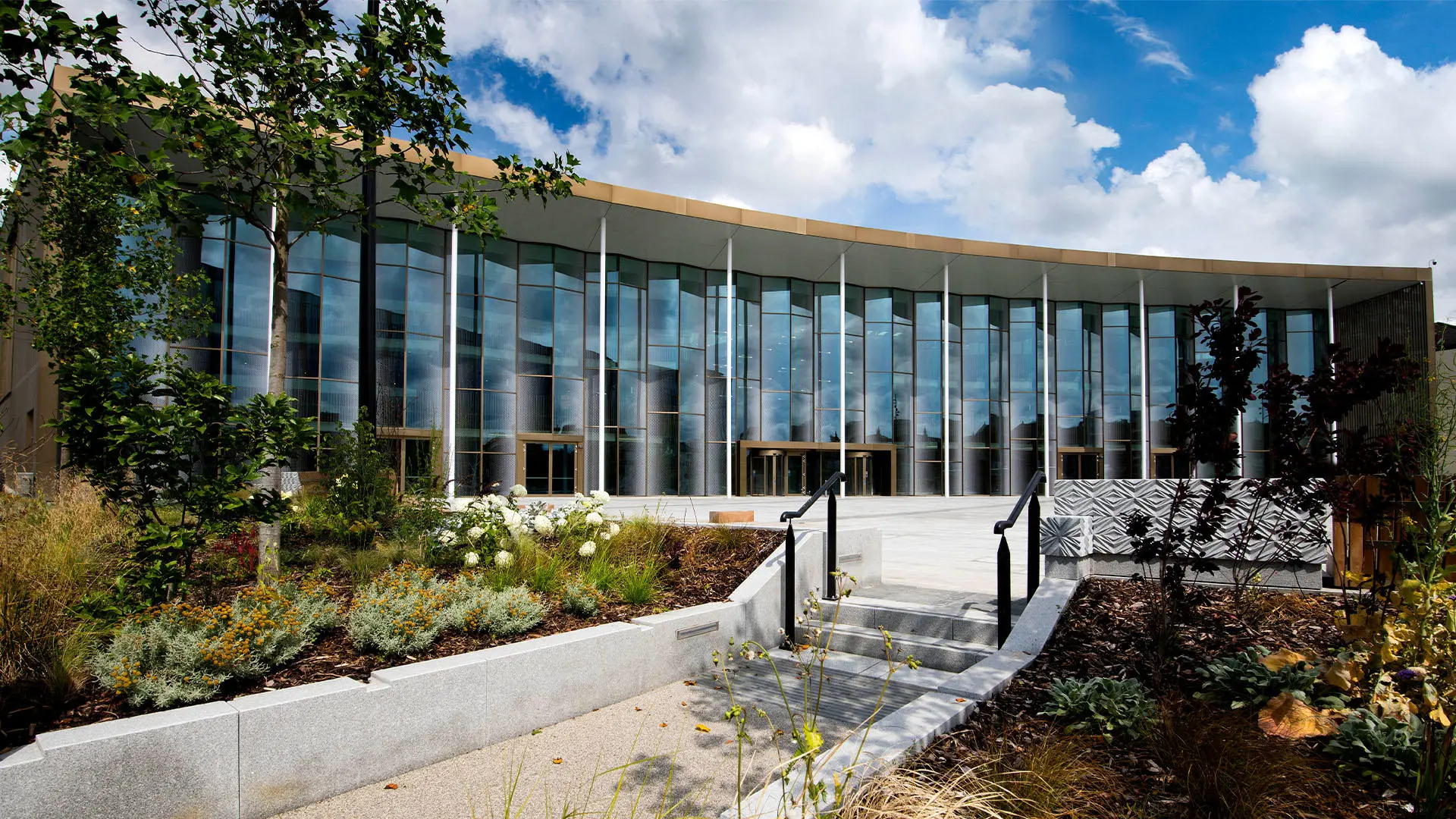Second iteration of Knowledge Exchange Framework (KEF2) highlights university’s strong engagement with partners beyond academia
Research England’s KEF results, which examine the performance of English Higher Education Institutions from a variety of perspectives, are based on three-years’ worth of data. For the University of Central Lancashire (UCLan), the strong results really showcase the breadth of work undertaken by colleagues to share their knowledge, skills and expertise with businesses, local partners and communities.
In the KEF, institutions are compared on a like-for-like basis, with similar institutions, being grouped together with their peers in ‘Knowledge Exchange Clusters’. UCLan sits in Cluster E: a group of 29 large, moderately research-intensive universities with broad discipline portfolios. The universities are then compared across seven areas or ‘perspectives’, with levels of engagement graded as very high, high, medium, low or very low.
UCLan performed at or above average in its cluster for no less than six of the seven perspectives. In fact, UCLan demonstrates very high engagement in three of the seven perspectives – Continuous Professional Development (CPD) and graduate start-ups; local growth and regeneration; and in working with the public and third sector - one of only three universities within the Cluster to be put in the top tier for this area.
UCLan’s Vice Chancellor Graham Baldwin said:
“Following on from our excellent Research Excellence Framework results earlier this year, I’m also pleased to see evidence of our strong knowledge exchange work. It’s particularly good to note the progress we’ve made in our performance with respect to Intellectual Property and Commercialisation, and to see us receive the top level of recognition for our work with the public and third sector.
“Through a diverse range of initiatives, we have built vital and fruitful relationships which benefit both our students and our communities; whether that’s through supporting graduate start-ups or helping local businesses to thrive. We understand the reach of UCLan’s work stretches far beyond our campuses as we continue to help level up Lancashire’s skills, knowledge and innovation.”
"Following on from our excellent Research Excellence Framework results earlier this year, I’m also pleased to see evidence of our strong knowledge exchange work. We understand the reach of UCLan’s work stretches far beyond our campuses as we continue to help level up Lancashire’s skills, knowledge and innovation."
— Graham Baldwin, UCLan’s Vice Chancellor
The aim of the KEF is to allow Higher Education Institutions to better understand and improve their own performance in knowledge exchange, as well as provide businesses and other users with more information to help them access the world class knowledge and expertise within English providers of higher education.
David Sweeney CBE, Executive Chair of Research England, said:
“Knowledge exchange is integral to the mission and purpose of our universities, and its importance in contributing to societal and economic prosperity is strongly supported by the Government.
“Today’s new version of the Knowledge Exchange Framework takes further forward the vision and potential of KE activity, providing richer evidence to demonstrate universities’ strengths in different areas when set alongside their peers.”
Research England will continue to develop future iterations of the KEF annually; the dashboards with the final KEF2 results can be found on KEF's interactive website.
"Knowledge exchange is integral to the mission and purpose of our universities, and its importance in contributing to societal and economic prosperity is strongly supported by the Government."
— David Sweeney CBE, Executive Chair of Research England

